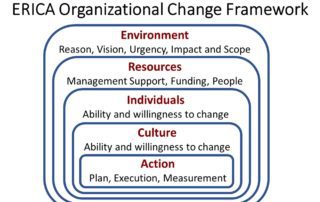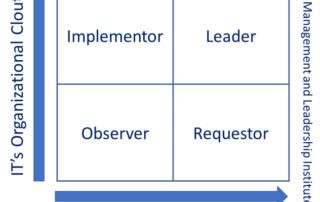Leadership Requires of Vision and Articulation
When some people see or hear a statement that resembles the title of this column, they often say something to the effect of “Ya, ya , ya, I know, to be good a leader you must have a vision and then communicate with others. Bla bla bla." The reason for this, dare I say, uninspired attitude toward defining leadership as a combination of vision and articulation is twofold. First, is because it seems to be stating the obvious. Second, is because vision and articulation is only part of the leadership story. Let’s discuss these reasons one at a time. Regarding leadership, vision provides the direction of where you want people to go. Articulation is the process of communicating your vision to others. If done correctly, this communication is much more than just stating what you are thinking and how you would like things to be. The problem is that doing it correctly is very much harder than it looks. At its best, this communication is a combination of the following: Clearly defining the current state: This tells those you are trying to lead, what you are leading them from. Clearly defining the end state: This tells those you are trying to lead, where you want them to go. In essence, this is your vision of the future. Providing compelling rationale: This describes the “why” behind the “what”. This provides the reasons that your vision is worthwhile to pursue. Facilitate transference: This is the process, through your words, passion, body language, tone, and [...]





